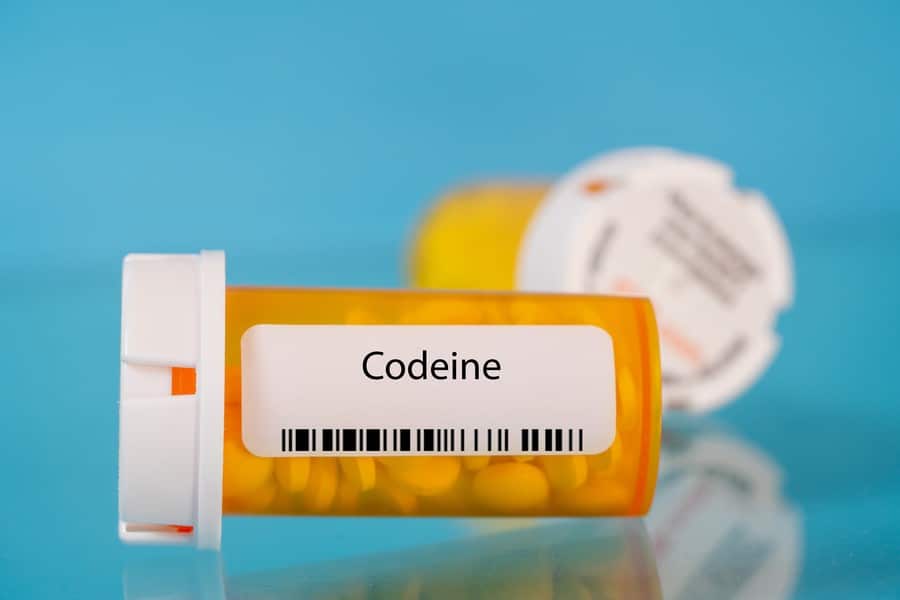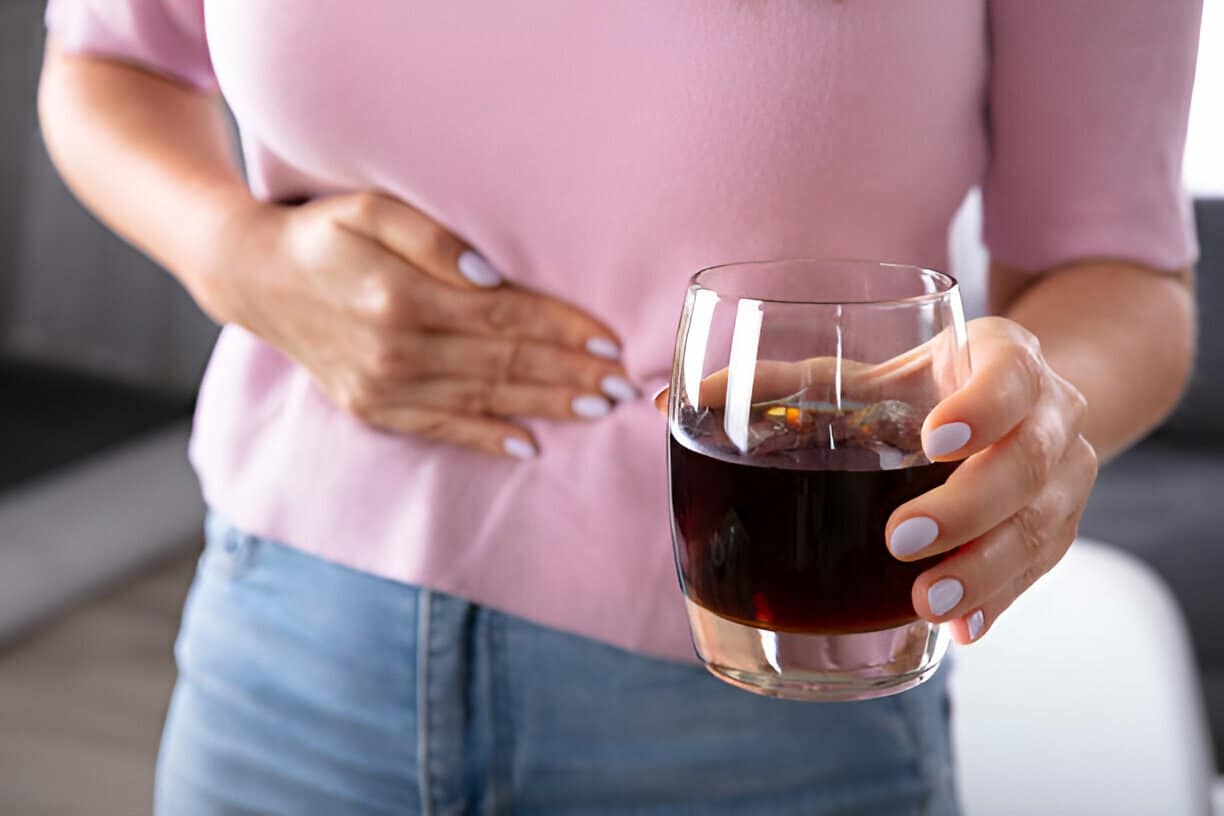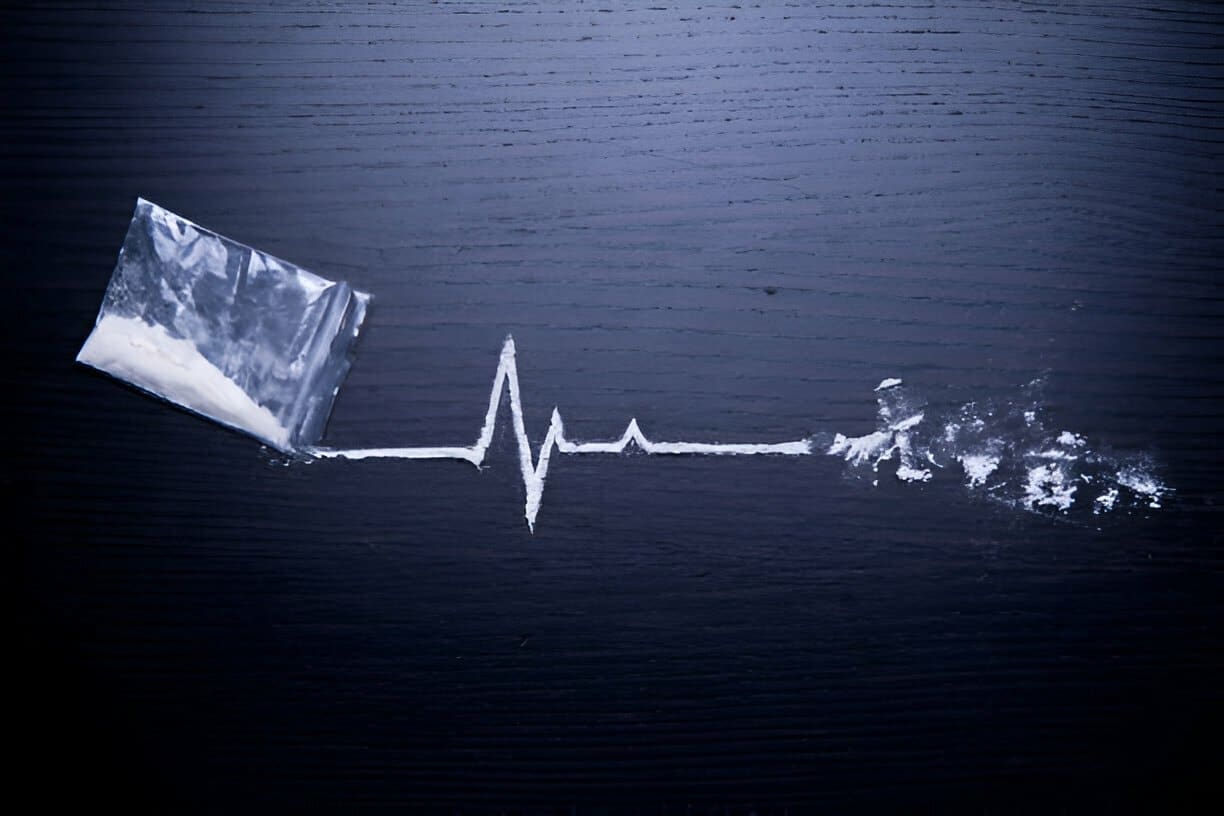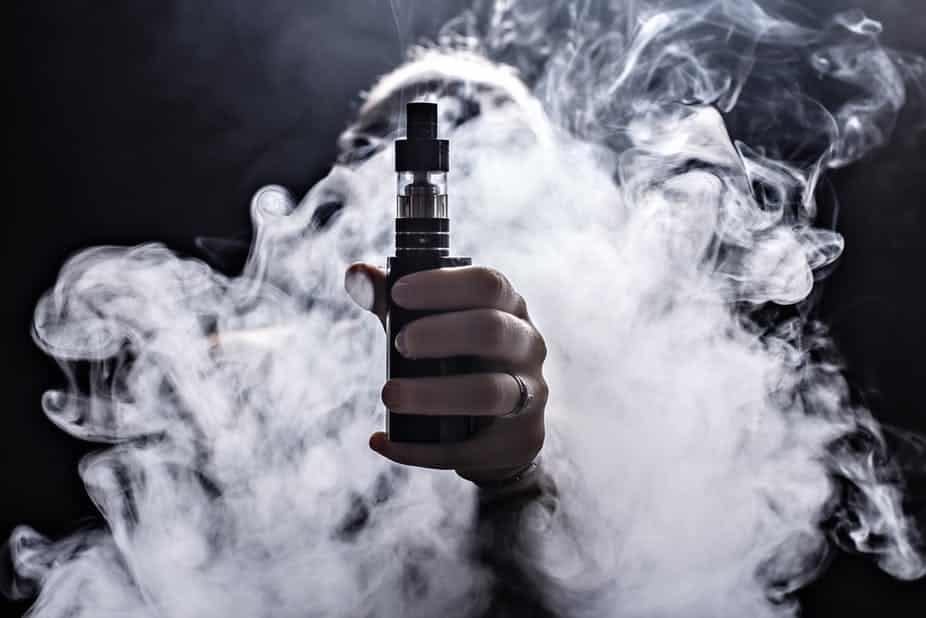Codeine is a narcotic opiate. Codeine is a pain reliever prescribed to treat mild to moderate pain. It is the primary ingredient in prescription-grade cough suppressants and is available in tablet form.

Codeine and acetaminophen are combined in Tylenol 3, a popular pain reliever. Patients prescribed Codeine by their doctors may quickly acquire an addiction.
If your loved one needs support dealing with an Alcohol Addiction, contact us today on 0800 999 1083. We can help you by recommending treatment options.
Bromazepam is a Class C drug in the United Kingdom (available only on prescription).
Codeine is used to treat chronic diarrhoea, severe pain, and persistent coughs as an opiate equivalent. It’s also one of the most commonly abused prescription medications worldwide, particularly among teenagers. When buying or talking about codeine, those who abuse it use slang or street names to evade discovery. The following are some of the nicknames:
Codeine is an agonist (a substance that binds to a receptor in the brain or body and activates it to cause a reaction) of the (mu) opioid receptor (MOR). Instead of acting directly on the MOR, codeine is metabolised in the liver to generate morphine, which is 10 times more powerful. Codeine has an analgesic and calming impact on the central nervous system because it reduces the excitability of neurons by inhibiting the release of essential neurotransmitters.
Addiction is a condition of the brain’s reward system in which a person feels compelled to engage in specific rewarding behaviours despite knowing the negative repercussions. The consumption of codeine and the experience of its effects causes an adjustment in the level of certain chemicals in parts of the brain. These include the nucleus accumbens and the ventral tegmental area. Repeated exposure to an addictive stimulus – in this case, the consumption of codeine and the experience of its effects, results in opiate addiction.
Because codeine is a habit-forming substance, it’s easy to become addicted to it. If you use it without a doctor’s prescription or if you misuse it for the ‘high’ effect, you’re likely to develop physical and mental dependence. Codeine addiction can also be affected by a multitude of reasons, including the following examples:
Codeine, a natural opium derivative, has many of the same addictive qualities as heroin and morphine. The drug binds to opioid receptors in the spinal cord, brain, gastrointestinal system, and the rest of the body to offer relief and lower pain perceptions.
These feelings, linked to basic activities like eating, breathing, and survival, may persuade you to continue using codeine despite the health risks. The active components in codeine have analgesic, anti-diarrheal, antitussive, sedative, antihypertensive, anti-anxiety, and hypnotic actions.
Prescription opiates can hinder your body from producing opioid neuropeptides like endorphins if you use them frequently. Codeine desensitises your brain’s natural opioid network over time, making it less sensitive and tolerant until the user needs a bigger dose to feel pleasure. You can swiftly develop a substance dependence and long-term addiction if you develop tolerance to the substance.
It can be challenging to detect the presence of an addiction, even in someone close to you. The stigma associated with substance abuse and addiction and the consequences of being discovered are serious. Addicts often take considerable measures to conceal their addiction, especially from family and friends.
However, there are a variety of signs and symptoms that can indicate an addiction. It’s important to remember that these symptoms aren’t always caused by addiction. Other factors could also cause them. Nonetheless, there are some strong signs of a possible Codeine addiction.
The following are some of the emotional signs of codeine usage and addiction:
The following are some of the physical signs and symptoms of codeine addiction:
Codeine addiction can cause a variety of psychological problems, including:
The following are some common behavioural indications of codeine addiction:
Even though opioid withdrawal is not considered to be instantly fatal, it is notoriously unpleasant. Individuals who have gone through a period of detoxification and have a reduced tolerance, as a result, are at a considerably higher risk of overdosing if they relapse as a result of this process and the consequent state of mind.

The following are some of the most typical codeine withdrawal symptoms:
It’s important to realise that every case of codeine withdrawal is unique, and one person’s withdrawal symptoms may be radically different from another’s.
There are typical adverse effects of using any opioid, but the most prevalent side effect of codeine-containing drugs, especially cough syrups, is nausea. Nausea is also a common side effect of taking more than the prescribed amount of one of these drugs. As a result, anti-nausea drugs may be kept on hand.
The following are some of the other side effects of codeine abuse:
Codeine is merely a part of a bigger web of addictions for certain people. It can be a gateway drug for addiction to other narcotics, particularly opiates like Oxycodone and Morphine.
Codeine can have harmful interactions with a variety of other substances, including alcohol, other opioids, some antibiotics, many antidepressants, including selective serotonin reuptake inhibitors (SSRIs), antifungals such as itraconazole, ketoconazole, and voriconazole, antiseizure medications such as carbamazepine, muscle relaxants, benzodiazepines, barbiturates, antipsychotics, and some sleep aids. Taking codeine while under the influence of other recreational drugs, especially depressants, is not recommended and can be extremely harmful.
Prescription codeine is frequently obtained illegally for recreational use, particularly by people who use or are addicted to other opiates such as heroin. This is not only against the law and can result in serious criminal charges, but it can also be exceedingly dangerous, as there is a possibility of overdosing.
Because various substances in a user’s system might affect how the treatment is delivered, it’s crucial to be open and honest with your treatment counsellor about all of your addictions. Whatever drugs you’re on, there’s a therapy option for you.
Long-term codeine use can have several highly negative implications for the individual. Addiction and dependence can manifest themselves in a relatively short period of time. Drug addiction is often fatal for the person who suffers from it, with long-term consequences for relationships, professional and academic aspirations, reputation, income, and physical and mental health.
Aside from addiction, dependency, tolerance, and an increased risk of overdose, some of the most serious long-term repercussions when you abuse codeine include:
Although codeine is a weak opiate compared to other opioids, overdose deaths are nonetheless possible when abusing codeine. Opioids depress the central nervous system, regulating vital activities such as heartbeat and breathing. A codeine overdose, especially when mixed with other opioids or alcohol, can cause respiration to drop to dangerously low levels, limiting the quantity of oxygen available to the brain. Rapid cell death occurs as a result, and the affected person may experience unconsciousness, brain damage, or even death.
Overdosing on codeine causes the following symptoms:
Substance abuse and addiction frequently coexist with other mental health concerns. Substance use disorders and mental health difficulties have a complicated relationship, and mental health concerns can both cause and result from substance misuse and addiction. The same is true for codeine abuse and addiction.
Individuals suffering from various mental illnesses may desire or feel compelled to take substances to self-medicate or escape a harsh or unpleasant reality. Opioids are particularly popular because of their numbing and euphoric effects. Some mental health conditions can make it difficult to regulate one’s behaviour, leaving those who suffer from them feeling forced to abuse substances or uninformed of the dangers of doing so.
Substance abuse and addiction can result in a variety of mental health problems, either as a result of the substance’s direct effects on the brain, as a result of mental health disorders manifesting as withdrawal symptoms, or as a result of the impact of addiction on an individual’s life circumstances and prospects. This last scenario has the potential to create depression, anxiety, suicidal ideation, and other serious problems.
Dual diagnosis refers to the co-occurrence of a substance use problem and another mental health disorder. Dual diagnosis treatment is often more difficult than treating addiction on its own. Some types of therapy or medications that would usually be prescribed may not be appropriate depending on the mental health issue at hand. As a result of their mental health illnesses, some addiction treatment patients may be unable or unwilling to engage in or focus on their treatment and recovery. In these cases, expert care is frequently required.
Codeine addiction treatment entails detox and therapy, and it is usually followed by aftercare support. Understanding that all three factors must be present for a complete recovery is critical.
Addiction treatment is complicated, and each step is vital: detox will help with the physical aspect of the condition, while rehabilitation will aid with the psychological aspect. For long-term sobriety, aftercare assistance is required.
Treatment plans are usually either inpatient or outpatient, depending on a variety of factors such as your age, health, personal preferences, financial situation, and the severity of your condition.
Don’t go through the process of recovery alone. Treatment providers can answer your questions. Get in touch with one today.
Call 0800 999 1083 today!
Codeine affects both your body and mind. You’ll become physically and psychologically dependent on codeine over a long period of use. Your body will eliminate codeine and other dangerous drugs on its own. Detoxification is the first step in the rehabilitation process. You may have headaches, vomiting, nausea, and physical pain during detox. For moderate drug users, the period lasts five days to two weeks, while for long-term drug users, the period lasts up to two weeks.
Methadone, naltrexone, and buprenorphine are some of the medications that will be used to help with withdrawal. You can detox in a medically supervised centre or at home as an outpatient. Another alternative is to gradually taper off by reducing the amount of codeine you take, and the frequency with which you take it until your body has fully adjusted to using fewer medicines and withdrawal symptoms are minimal. If you don’t have access to medical treatment, this approach takes two weeks to two months and is preferable to stopping ‘cold turkey.
The spread of codeine addiction in the UK has resulted in the establishment of numerous high-quality treatment facilities around the country. Inpatient or outpatient addiction therapy is available at residential rehabilitation centres.
Inpatient rehab often lasts one to three months and provides addiction treatment in a comfortable, secure, and confidential environment. A holistic inpatient treatment programme in a rehab facility would often include a detoxification and withdrawal phase followed by therapy, individualised nutrition and fitness regimens and other features that differ by the facility.
Individuals who cannot afford the time away from their families and jobs that inpatient treatment would demand may benefit from outpatient treatment, allowing patients to stay at home when out of the therapy sessions.
Codeine therapy can involve several different techniques, including the following:
Many people use codeine and other prescription medicines to manage negative emotions, stress, and trauma. While most prescription drugs provide short comfort from your emotions, it’s a poor technique that leads to substance misuse. CBT is a type of therapy that focuses on the core causes of addiction and your unique triggers for relapse.

You’ll get better, more positive techniques for coping with socio-environmental triggers and how to treat and prevent relapse. Your self-esteem and confidence will increase, and your risk of substance usage will be reduced if you learn how to change these negative thoughts of yourself.
Motivational interviewing is a non-confrontational, patient-centred therapeutic model emphasising understanding and empathy. It’s a peaceful, friendly approach that encourages positive transformation through discussion. The goal is the same as with CBT: to increase self-confidence, improve one’s self-image, and change negative emotions into good actions, ideas, and behaviour.
Contingency management is a method of motivating addicts in recovery by rewarding them when they meet new milestones. For example, if you pass a drug test, live a healthy lifestyle, or stay abstinent for 30 days, you’ll be rewarded with vouchers, cash, and prizes to spend on non-addictive things. According to the journal Psychology of Addictive Behaviors, this therapy approach increases sobriety and retention among those in treatment for addiction.
If you or someone you know is abusing Codeine, our helpline can provide medical advice and support to find the appropriate care you need to overcome the condition. Call us on 0800 999 1083 for confidential help and to discuss treatment options.

BACP accredited psychotherapist with 16 years experience working in mental health specialising in psychodynamic person-centred therapies treating those with a range of mental health disorders including anxiety, depression, OCD and Addiction.

Fill in your details and we’ll send you a message via SMS.

No matter where you live, there are drug and alcohol rehab options for you to discover. Treatment providers are waiting to answer your questions. Get started today.

Ever felt that gnawing ache or burning sensation in your gut after a night of drinks? You’re not alone. Stomach pain after drinking is a common complaint, and there are a few reasons why it might happen. Let’s delve into the science behind the discomfort and explore ways to soothe your stomach. The Irritating Truth: … Continued

Cocaine, a stimulant known for its short-lived burst of energy and euphoria, hides a dark side. Behind the initial high lies a dangerous potential for overdose, with severe health consequences and even death. This article delves into the world of cocaine overdose, equipping you with the knowledge to recognize the signs, understand the dangers, and … Continued

Adult smoking habits in the UK refer to how often and in what ways people aged 18 and above use tobacco. This includes everything from smoking cigarettes every day to occasionally lighting up, as well as using other tobacco products. Understanding these habits is important for several reasons: Public Health: Smoking causes many diseases that … Continued

Addiction in the UK is a complex issue that is connected to various aspects of society such as healthcare and law enforcement. It affects people from all backgrounds and has negative impacts on families, communities, and the entire nation. Understanding addiction involves not only looking at the uncontrollable use of substances and repetitive behaviors but … Continued

Don’t go through the process of recovery alone. Treatment providers can answer your questions. Get in touch with one today.
Call 0800 999 1083 today!








